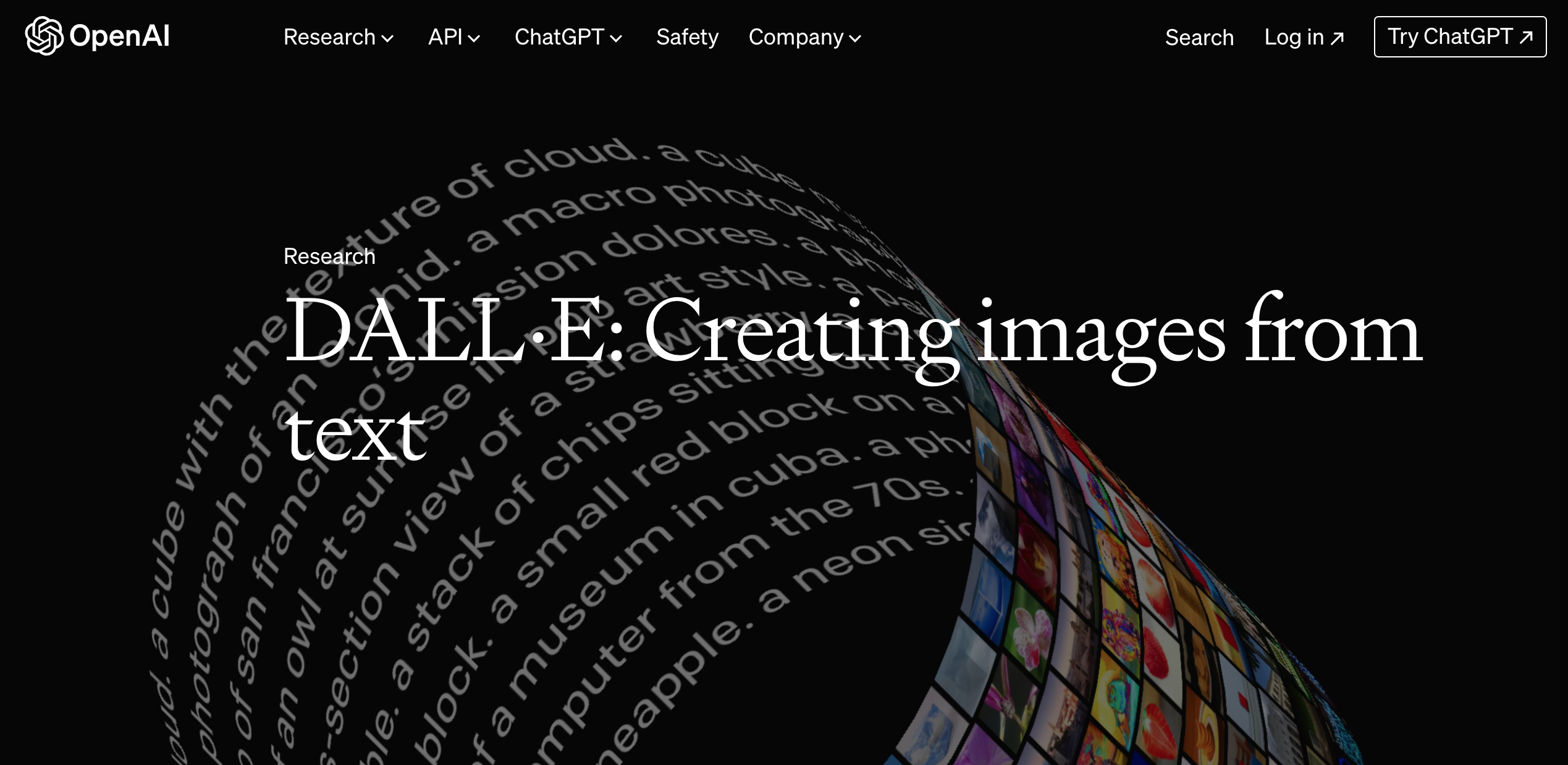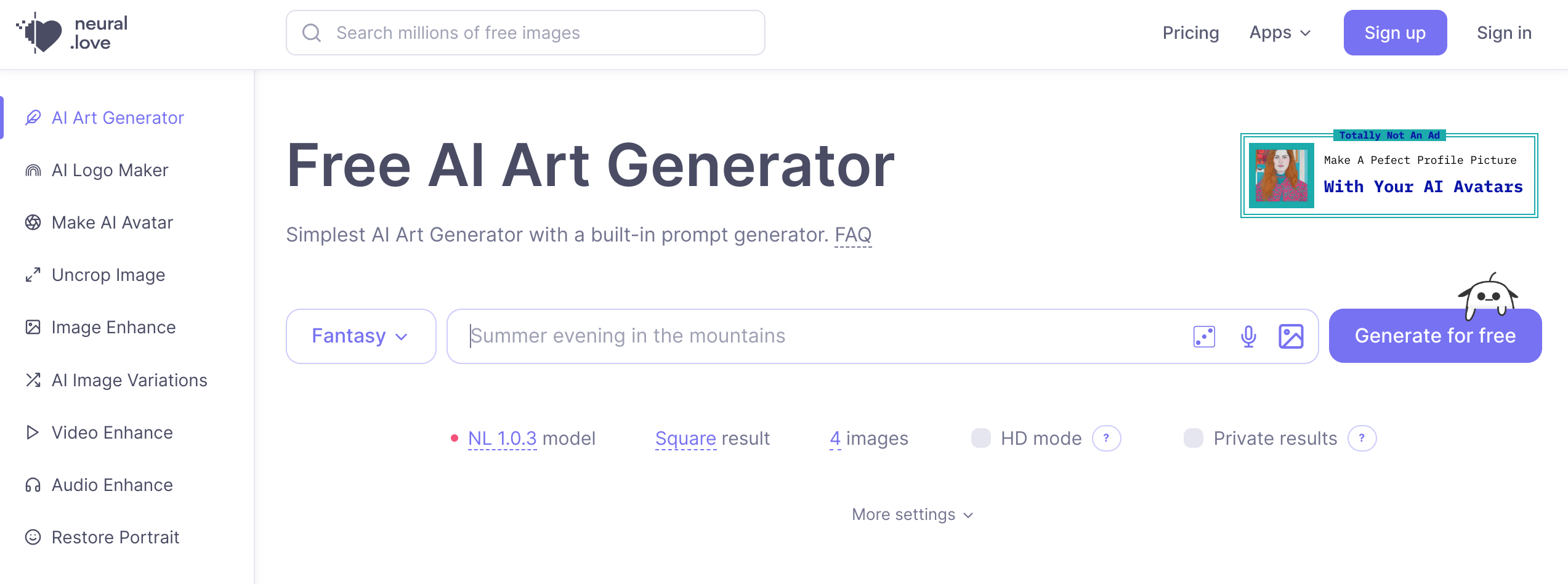I. Introduction
Radix DLT is a decentralized ledger technology platform that aims to provide a scalable, secure, and fast infrastructure for building decentralized applications. In this review, we will take a closer look at the features and benefits of Radix DLT, as well as its pros and cons.
II. What is Radix DLT?
Radix DLT is a blockchain-based platform that aims to provide a scalable and secure infrastructure for building decentralized applications. It was founded by a team of experienced professionals with backgrounds in blockchain, finance, and technology. The platform is built on innovative technology that addresses scalability challenges.
III. How Does Radix DLT Work?
Radix DLT utilizes a unique architecture that allows for scalability and security. While the network is not currency sharded currently, the Xian release in 2024 will introduce sharding to enhance scalability further. This upcoming feature will partition the network into smaller shards, enabling parallel processing and increased transaction throughput.
IV. Features of Radix DLT
Radix DLT offers a range of features that make it an attractive platform for building decentralized applications. Some of the key features of Radix DLT include:
Scalability: With the introduction of sharding in the upcoming Xian release, Radix DLT aims to achieve greater scalability and faster transaction processing.
Secure Consensus Mechanism: Radix DLT utilizes a secure consensus mechanism that ensures the integrity and security of transactions.
User-Friendly Development: The Radix DLT stack has been designed to be developer-friendly, with a focus on simplicity and ease of use. Developers can leverage the platform’s tools and resources to build decentralized applications with ease.
Smart Contract Platform: Radix DLT supports the creation and execution of smart contracts, enabling developers to build complex decentralized applications.
V. Benefits of Radix DLT
Radix DLT offers several benefits for developers and users:
Scalability: With the introduction of sharding in the future, Radix DLT aims to address scalability concerns and enable a higher transaction throughput.
Security: Radix DLT employs a secure consensus mechanism to ensure the integrity and security of transactions.
User-Friendly Development: Radix DLT’s developer-friendly approach and intuitive tools make it easier for developers to build decentralized applications.
Cost-Effective: Radix DLT aims to offer a cost-effective platform for building and executing decentralized applications, with low transaction fees.
Pros:
Innovative Architecture: Radix DLT’s unique architecture and upcoming sharding implementation make it a promising platform for scalable decentralized applications.
User-Friendly: The Radix DLT stack has been designed with simplicity and ease of use in mind, making it accessible to a wide range of developers.
Experienced Team: Radix DLT is backed by a team of professionals with expertise in blockchain, finance, and technology.
Cons:
Limited Adoption: Radix DLT is relatively unknown in the cryptocurrency space, and widespread adoption has yet to be achieved.
Competition: Radix DLT faces competition from other blockchain projects with similar goals and features.
Conclusion
Radix DLT presents an innovative approach to decentralized ledger technology, with its focus on scalability, security, and user-friendly development. While it is still working towards widespread adoption, Radix DLT’s unique architecture and upcoming features, such as sharding, position it as a promising platform for building decentralized applications. With a committed team and a growing interest in the project, Radix DLT has the potential to make a significant impact in the blockchain ecosystem.

















